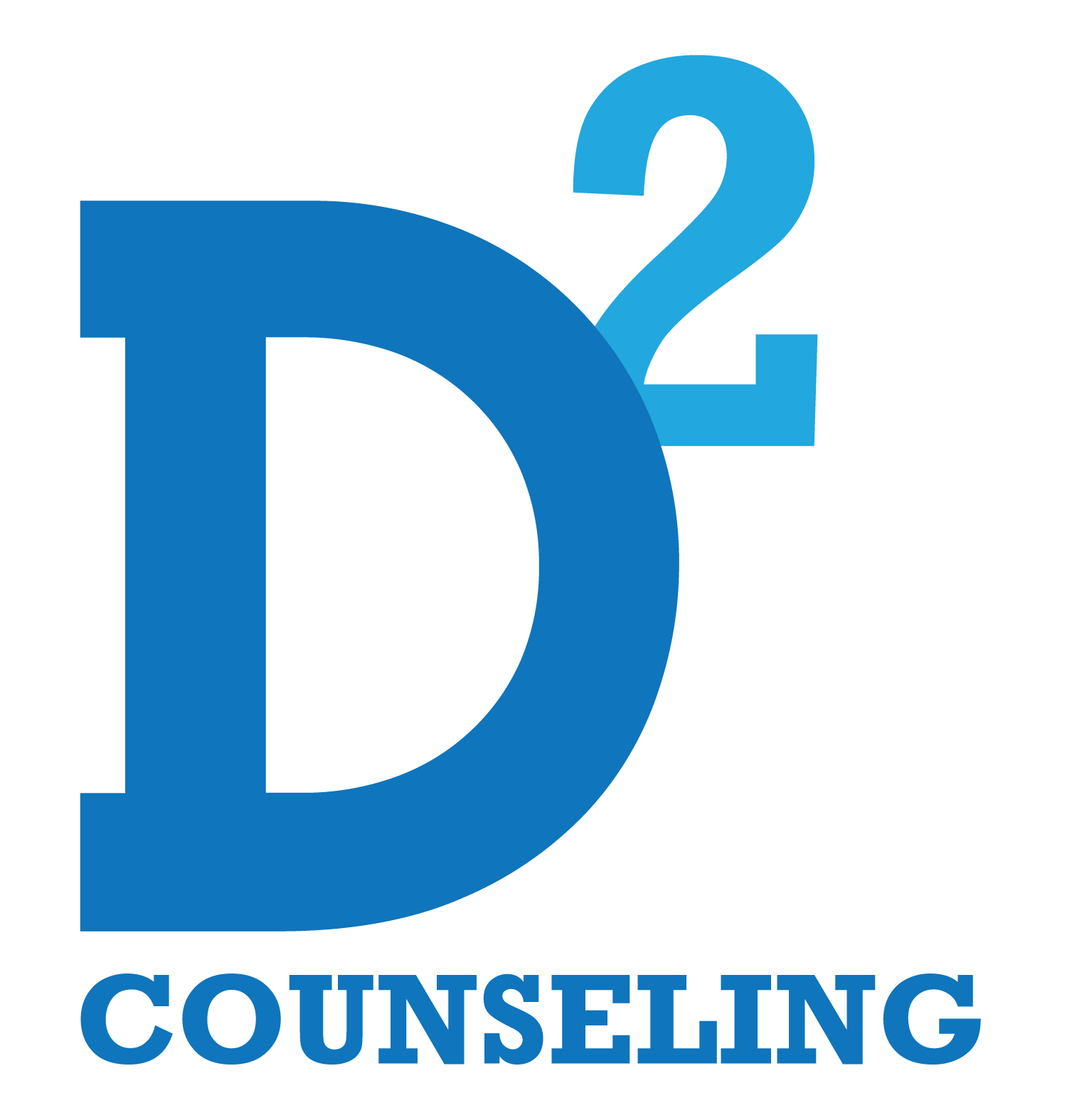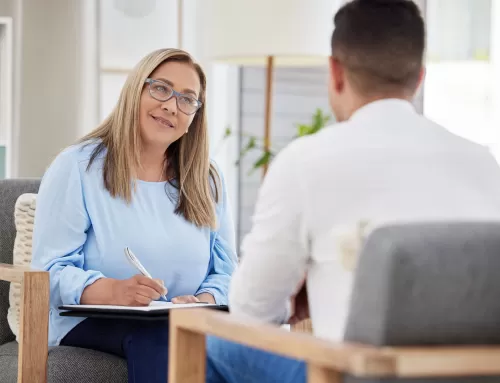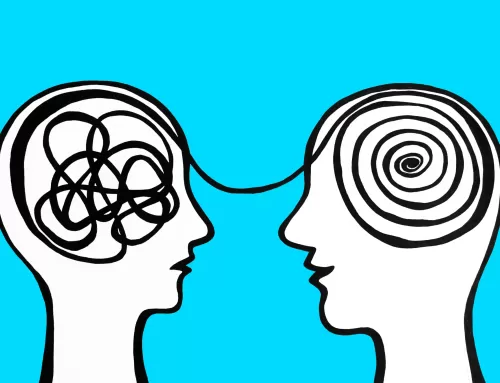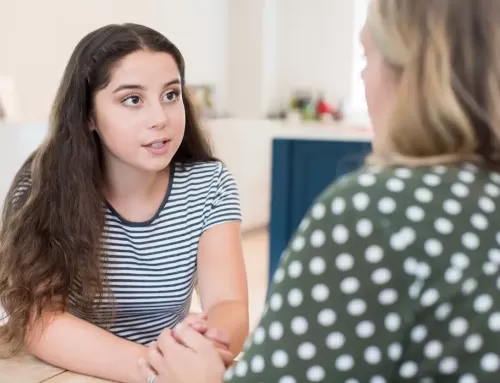One of the leading reasons people seek marriage counseling or relationship counseling is to get help with communication. Usually this is code for “I know my partner doesn’t hear me and I am not sure I understand them.” There are 2 sides to communication and, like intimacy, there is a sender and a receiver.
To hear what the other is saying requires active listening. Let me offer what that is not. We may hear all the words, we might nod in the appropriate pauses and may even be able to repeat the last phrase the other gave us, yet this is still not necessarily active listening. We can passively engage in a conversation and never reach that deep level of understanding and connection most of us crave.
Active listening requires as much (if not more) energy as the sender is using. Active listening requires us to set aside our defensiveness and our preconceptions and many of us don’t even know what those are. There is a great YouTube Video entitled It’s Not About The Nail by Jason Headley. https://youtu.be/-4EDhdAHrOg (It is worth taking the time to watch, just don’t forget to come back!)
Jason does a masterful job illustrating how we get caught up in what we KNOW our partner needs to do. And as our focus on that knowing continues, we can’t show up for the exchange to the frustration of our partner. The video offers a glimpse of his understanding only to have it swept away as he returns to his knowing.
Curiosity will serve us better. Curiosity allows us to see where we are being taken without us turning into the driver. To do this I must first set aside and manage my own anxiety. This is usually harder to do with our partner because of our history. The moment our brain believes we are going down an old path it jumps ahead to the ending we had before, rather than letting the journey unfold on its own. Try this instead. See yourself listening to the other. If we can become an observer of the situation (often referred to being in third person) rather than a participant we will give ourself the pause necessary to stay actively engaged. Staying in third person, as an active listener means we don’t take things personally. We must remind ourselves that they are telling us about themselves (even if they are pointing a finger!). This is why, as a sender, it enhances the process to use “I” statements instead of claims about the other.
The curious listener holds a space between what the other is saying and what we receive. It is this space we must treat in a sacred way. It is here that the relationship can begin to shape us, and where understanding can begin. If we already KNOW what is coming, we shut off this possibility.
We always want the other to hear us and we know that the above direction is a good practice for those listening to us but the real work comes, not in inviting others to listen differently, but to begin by doing it ourselves. Rome was not built in a day and it may take some time (yes more than we want) to change long standing patterns in communication. We really only have control over our own behavior, so this is where we must begin improving our communication skills, that is, how we choose to listen differently.
I heard a speaker say one time that he preferred to be a student of golf over that of golfer. Students, he explained, were always learning and it was his experience that when he arrived at that place that he pretty much knew it all, there was no need to learn. His game continued to improve as he continued to learn. Our relationships are like that. If we can be students and continue to learn, we put a positive energy into the relationship and we contribute. If we know how they are supposed to do it we move to that place of judgement and pick at what we don’t like them doing. Focus on your own growth, move to third person as you actively listen and honor that space between you and the other with curiosity. It will move you to better communication.




